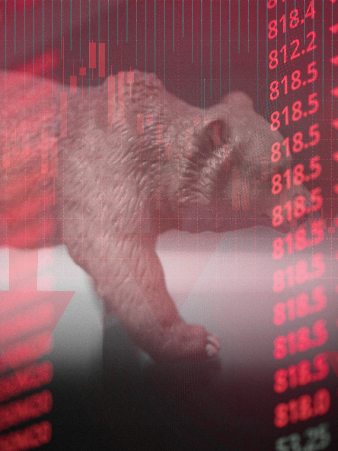The AI Revolution in KSA Events: From Personalization to Predictive Power
Artificial Intelligence is rapidly moving from a buzzword to an indispensable asset in the Saudi event toolkit. Its capacity to analyze vast datasets and automate intelligent responses is unlocking new efficiencies and deeply personalized attendee journeys.
- Hyper-Personalization at Scale: AI algorithms can analyze attendee data – from registration details to past engagement patterns – to deliver tailored experiences. Imagine attendees receiving personalized agenda recommendations, AI-powered matchmaking suggesting valuable networking connections based on professional interests, or chatbots providing instant, context-aware support. This level of personalization, crucial for events like LEAP which attract diverse global audiences, significantly boosts satisfaction and perceived value.
- Intelligent Event Operations: Beyond attendee experience, AI is streamlining event logistics. Predictive analytics can help forecast attendance with greater accuracy, optimize venue layouts, manage resources efficiently, and even anticipate potential bottlenecks. In a rapidly growing market like Saudi Arabia, where mega-projects and large-scale events are becoming commonplace, such operational intelligence is vital.
- Data-Driven Insights for ROI: AI excels at processing and interpreting complex event data, providing organizers and stakeholders with actionable insights into attendee behavior, content effectiveness, and overall event ROI. This data-centric approach is essential for demonstrating value and continuously improving future event strategies.


Augmented Reality (AR): Enriching the Physical World with Digital Layers
AR technology enhances the real-world environment by overlaying digital information and interactive elements, typically through smartphones or tablets.
- Interactive Exhibitions and Trade Shows: In the context of major Saudi exhibitions, AR can transform static displays. Attendees could point their devices at a product to see 3D animations of its features, access detailed specifications, or watch testimonial videos.
- Gamification and Wayfinding: AR can be used to create engaging scavenger hunts within event venues or provide intuitive, interactive wayfinding, improving the attendee experience at large-scale events like the upcoming Expo 2030 Riyadh.
- Innovative Marketing and Product Visualization: Brands can use AR to allow consumers to visualize products in their own space before purchase, a powerful tool for retail and e-commerce activations. Success metrics for AR activations often show increased conversion rates and customer engagement.

Virtual Reality (VR): Transporting Audiences to New Dimensions
VR technology offers the ultimate immersive experience, capable of transporting attendees to entirely new environments or providing unparalleled perspectives on products and concepts.
- Immersive Showcases and Tours: For Saudi Arabia’s giga-projects like NEOM or Qiddiya, VR can offer breathtaking virtual tours to potential investors or visitors worldwide. Similarly, industries can use VR for intricate product demonstrations or simulated training environments, offering a level of understanding that traditional methods cannot match.
- Enhanced Hybrid and Virtual Events: As hybrid event models gain traction, VR can provide remote attendees with a more engaging and participatory experience, making them feel truly present.
- Unforgettable Brand Activations: VR-based games or narrative experiences can create powerful emotional connections with brands, leaving a lasting impression on attendees.
The Synergy of Tech in Powering Vision 2030
The integration of AI, VR, and AR is not just about creating “cool” events; it’s about building a more intelligent, engaging, and efficient event ecosystem that directly supports the technological advancement pillar of Saudi Vision 2030. As the Kingdom prepares to host global mega-events, including potentially the FIFA World Cup and the confirmed Expo 2030 Riyadh, the mastery and innovative application of these technologies will be crucial for delivering world-class experiences and showcasing Saudi Arabia’s capabilities on an international stage. These technologies also play a role in driving sustainability by optimizing resources and potentially reducing the need for physical travel for certain interactions.
Conclusion: The tech wave is undeniably transforming the event industry in Saudi Arabia. AI, VR, and AR are empowering event organizers to move beyond traditional formats, offering hyper-personalized, deeply immersive, and data-rich experiences. For businesses and organizations in the Kingdom, embracing these technologies is key to capturing audience attention, maximizing engagement, and aligning with the nation’s forward-looking Vision 2030. As innovation continues to accelerate, the potential for these technologies to create even more extraordinary event experiences in Saudi Arabia is limitless. New Wave is at the forefront of this revolution, helping clients harness this power.






